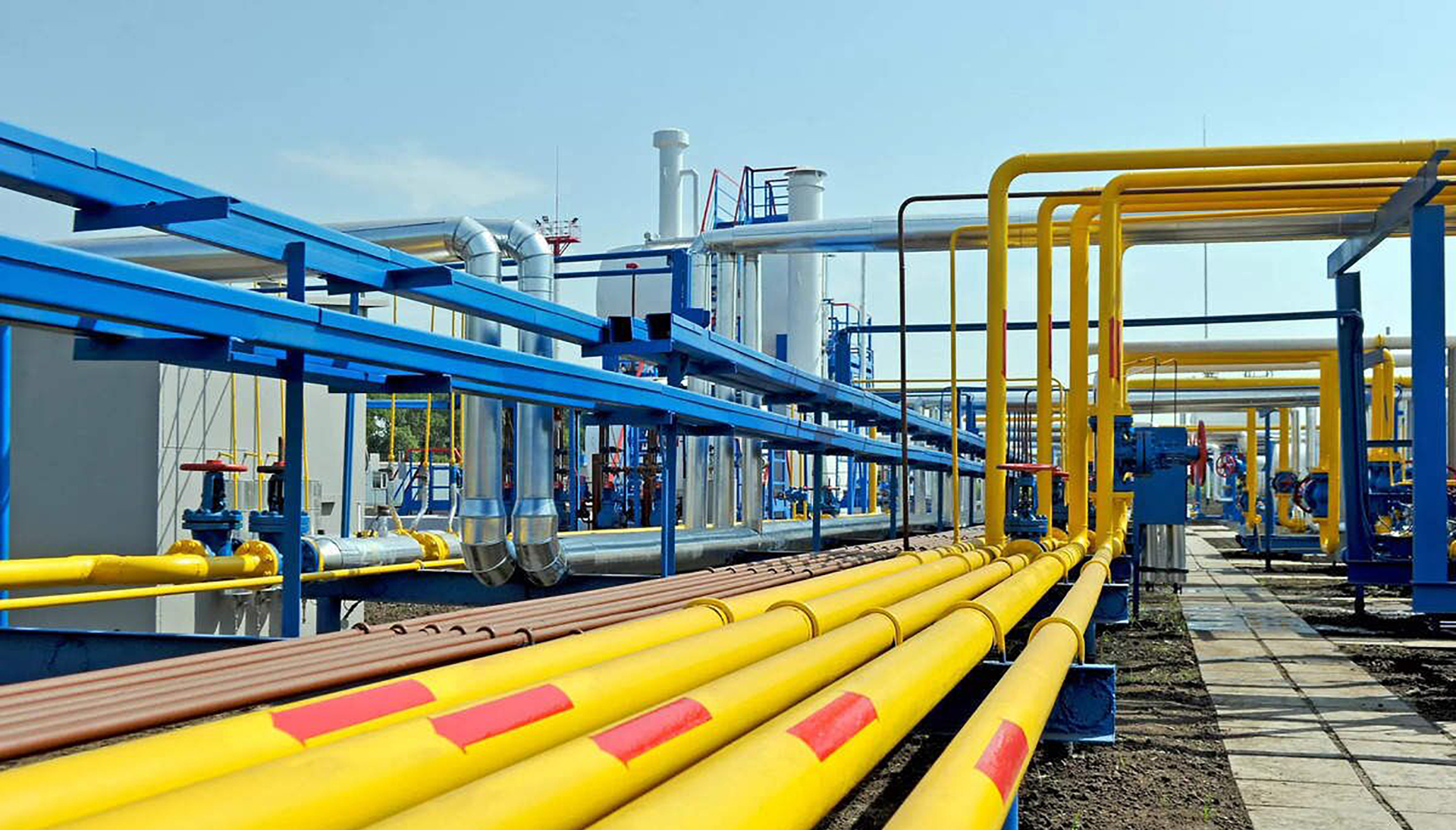PTI – The industry body suggested gradually increasing the share of compressed biogas (CBG) in the overall gas mix to at least 10 per cent by 2025 and to 20 per cent in 2030.
The Indian Biogas Association (IBA) has pitched for increasing the share of compressed biogas in total gas mix, saying it will help reduce the country’s annual import bill by USD 20-25 billion by 2030. In a letter to Petroleum and Natural Gas Minister Hardeep Singh Puri recently, IBA suggested that in the process of attaining a gas-based economy by 2030, the oil ministry has to keep a strict vigil on the overall sustainability.
The industry body suggested gradually increasing the share of compressed biogas (CBG) in the overall gas mix to at least 10 per cent by 2025 and to 20 per cent in 2030.
Furthermore, the CBG-CGD (city gas distribution) synchronization plan, which was launched in April 2021 and is due for review three years later (in 2024), should be extended for at least ten years to provide long-term certainty to players in the CBG ecosystem, it suggested.
Increasing the share of CBG will ensure guaranteed offtake and a transparent ecosystem for CBG producers.
It will also help fast-track setting up of CBG plants under the SATAT (Sustainable Alternative Towards Affordable Transportation) scheme, as biogas plant owners will see the value proposition for their investments, it pointed out.
For instance, it stated that the ethanol blending programme in petrol has gone up from 1.5 per cent in 2014 to 10 per cent now.
By 2030, the annual import bill reductions of the government shall be USD 20-25 billion (at the current LNG spot price level), and Green House Gas (GHG) reductions shall be 150 million tonne, roughly 10 per cent reduction at 2005 GHG emissions level.
IBA stated that the relaxed domestic ‘gas pricing move’ must go hand-in- hand with the environmental sustainability goals set by the renewable energy ministry – 45 per cent reduction in emission intensity by 2030 and net-zero emission by 2070.
Particularly for the CBG industry, further, it opined.
In addition, under the CGD-CBG synchronization scheme formulated by gas utility major GAIL (India) Ltd, the pricing associated with compression charges and transport charges over and above the UBP (uniform base price) of CBG is even more concerning for the CGD players who are willing to procure CBG into its gas mix, it stated.
The compression charges are going to increase further, as the PNGRB (Petroleum and Natural Gas Regulatory Board) has written to BIS (Bureau of Indian Standard) to increase methane from 90 to 95 per cent, needing an additional hike in the price of CBG, it stated.
A roadmap can be set to introduce progressive blending targets going forward which shall be in harmony with CGD companies adopting sustainable growth paths and a gas-based economy set forth by the government, it suggested.
wherein the offtake price of CBG is benchmarked to its closest substitute, CNG (Compressed Natural Gas), the move turns out to be a deterrent, it stated.
For the CBG industry, it is like taking one step backward after a few forward moves like exemption of central excise duty on the onward sale of CBG blended with CNG; resumption of the MNRE subsidy programme; introduction of the BIS standards on design, construction, and operation of biogas plants , and others, IBA said.
The CGD companies claim to have been heavily bled with regard to margins in the previous few months, owing to higher domestic gas prices. Amid the global uncertainty, the domestic gas price rose to USD 8 per MMBTU from USD 1.6 per MMBTU(Million British Thermal Units) last year.
Now with the recent government gas pricing notification to trim and cap gas domestic prices, it becomes even more unfavourable to procure CBG, it stated.
The procurement price gap of CBG and domestic gas shall widen











